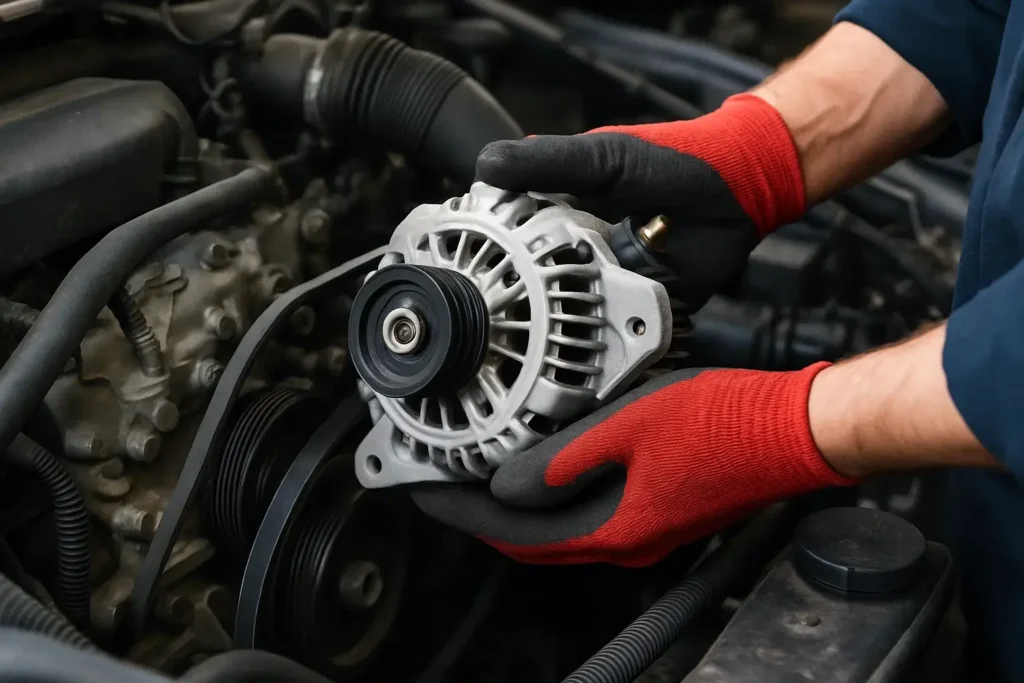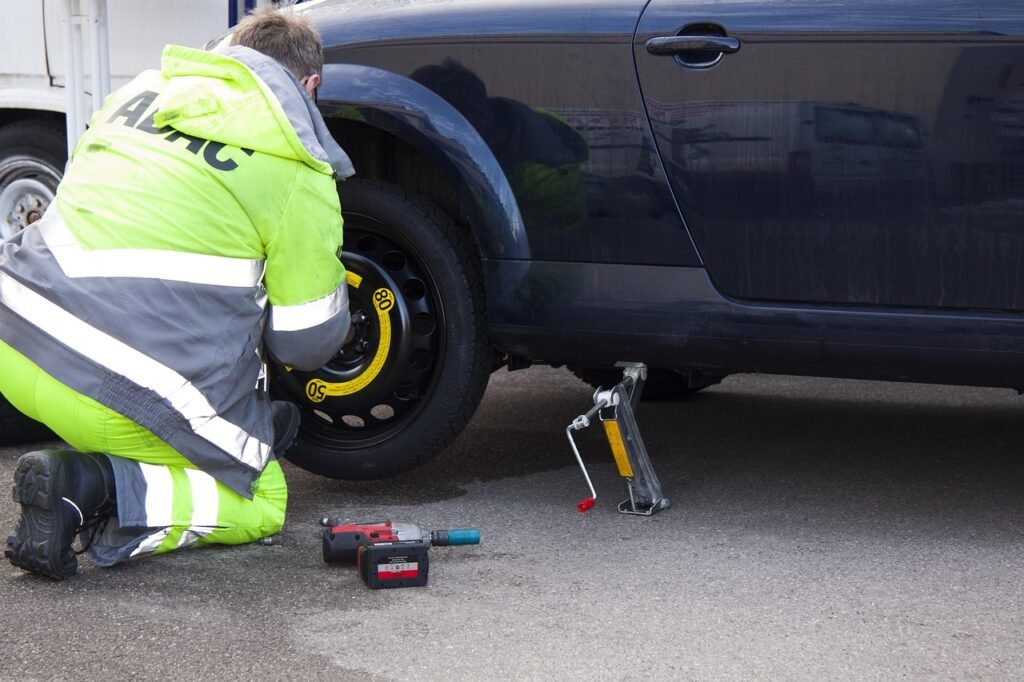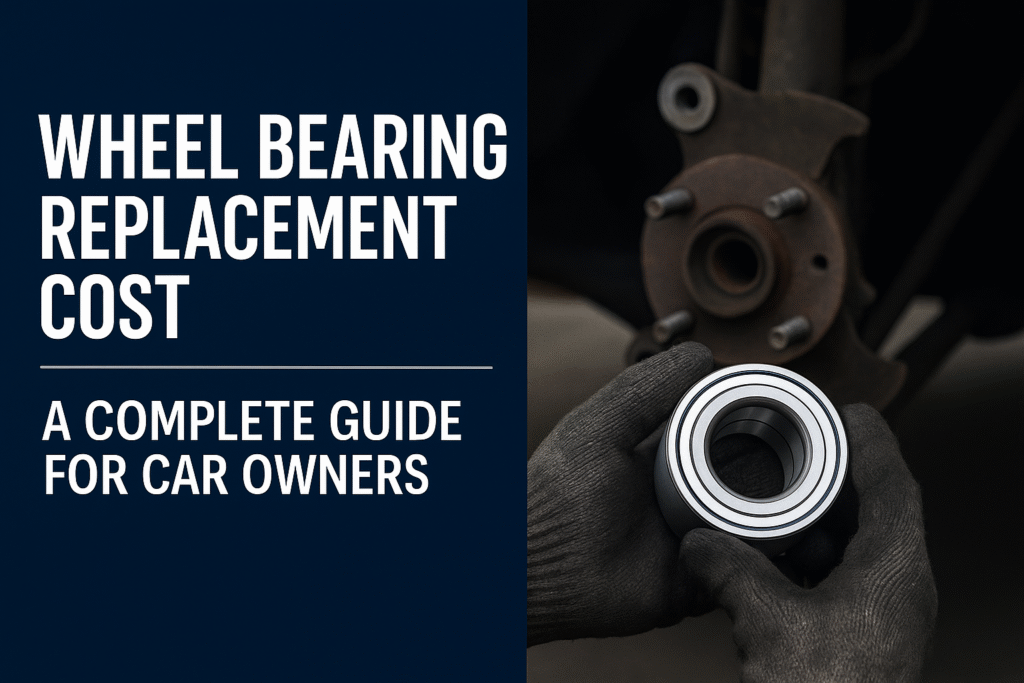If your car’s battery keeps dying or your headlights are flickering, it could be a sign that your alternator is failing. Replacing an alternator is a common repair, but it’s not always easy to know what to expect when it comes to pricing. That’s why we’ve created this in-depth guide to help you understand alternator cost, what factors influence it, and how to save money on repairs.
Whether you’re planning a DIY repair or heading to a shop, here’s what you need to know.
What Is an Alternator and Why Does It Matter?
The alternator is a crucial component of your car’s charging system. It generates electrical power while your engine is running, keeping your battery charged and powering everything from your headlights to your infotainment system.
A failing alternator can lead to:
- Battery drain
- Stalling
- Electrical failures
- Complete engine shutdown
Knowing how much an alternator replacement costs can help you make informed decisions when problems arise.
Interesting read: Carburetor Cleaner – The Ultimate Guide
What Affects the Cost of an Alternator?
Several factors influence the total price you’ll pay for alternator replacement or repair:
Vehicle Make and Model
- Economy cars (e.g., Toyota Corolla, Honda Civic) typically use less expensive alternators.
- Luxury or performance vehicles (e.g., BMW, Audi) require more complex parts and may have tighter engine compartments, increasing labor costs.
Labor Costs by Location
- Labor rates vary widely, from $75 to $150 per hour.
- Urban shops and dealerships usually charge more than small-town or independent mechanics.
Alternator Type and Output
- High-output or specialty alternators cost more.
- Vehicles with advanced electrical systems (e.g., hybrid or start-stop systems) may require special units.
Diagnostics and Warranty
- Some shops charge $50–$150 for diagnostics.
- Warranty coverage (if available) can significantly reduce your out-of-pocket cost.
Average Alternator Replacement Cost in 2025
Here’s a general breakdown of alternator replacement costs:
| Component | Low-End Estimate | High-End Estimate |
|---|---|---|
| Parts | $100 | $500+ |
| Labor | $100 | $300 |
| Total | $300 | $800+ |
Alternator Cost by Vehicle Type
Economy Cars (e.g., Toyota, Honda, Ford)
- Parts: $100–$200
- Labor: $100–$150
- Total: $250–$400
SUVs and Trucks (e.g., Ford F-150, Toyota Highlander)
- Parts: $150–$300
- Labor: $150–$200
- Total: $350–$500
Luxury or European Vehicles (e.g., BMW, Mercedes)
- Parts: $300–$600+
- Labor: $200–$400+
- Total: $500–$1,000+
Electric/Hybrid Vehicles (e.g., Prius, Tesla)
- May not use traditional alternators
- Specialized systems can raise replacement costs significantly
- Require dealer or certified technician service
Alternator Repair vs. Replacement – Which Is More Cost-Effective?
Repair (Rebuilding an Alternator)
- Cost: $100–$250
- Involves replacing internal components (e.g., voltage regulator, brushes)
- Suitable for older vehicles or when parts are readily available
Replacement
- Cost: $300–$800+
- New or remanufactured alternator installation
- More reliable and often comes with a warranty
Recommendation: Replacement is generally more cost-effective long-term unless you’re skilled in electrical repairs or using a reputable rebuilder.
OEM vs. Aftermarket Alternators – What’s the Difference?
OEM (Original Equipment Manufacturer)
- Designed to fit your car exactly
- More expensive, but usually more reliable
- Ideal for newer or high-end vehicles
Aftermarket
- Can vary in quality
- Lower cost, more variety
- Good option if you’re on a budget, but choose reputable brands
Remanufactured Alternators
- Rebuilt using existing housing and new internal parts
- Mid-range in price and environmentally friendly
- Reliable if sourced from a quality brand
DIY Alternator Replacement – Can You Save Money?
DIY Cost Estimate
- Parts: $100–$300
- Tools (if needed): $50–$200 (multimeter, wrench set, belt tensioner tool)
- Time Required: 1–3 hours
Pros
- Save on labor costs
- Learn more about your vehicle
Cons
- Mistakes can damage your electrical system
- Difficult on some vehicles (tight engine bays, complex wiring)
Tip: DIY is best for vehicles with accessible engine bays and if you have moderate mechanical skills.
Additional Costs to Watch Out For
Battery Replacement or Recharge
- Weak batteries are often misdiagnosed
- Battery cost: $100–$250
Serpentine Belt Replacement
- Often replaced with the alternator
- Cost: $30–$100 (plus labor if separate)
Diagnostic Fees
- Shop charges: $50–$150 to confirm the alternator is the issue
- May be waived if you proceed with the repair
How to Save Money on Alternator Replacement
Get Multiple Quotes
- Compare prices from local shops, national chains, and mobile mechanics
Bring Your Own Parts
- Some mechanics allow BYOP (bring your own part), but confirm first
- Only use high-quality parts from trusted brands
Use Online Tools
- Websites like RepairPal and YourMechanic give free cost estimates
Look for Coupons or Promotions
- Check auto shop websites or your local dealership for deals
Final Thoughts
Replacing an alternator isn’t cheap, but it’s a vital repair that keeps your car running safely and efficiently. The average alternator cost in 2025 ranges from $300 to $800, depending on your car, parts choice, and labor rates.
By understanding your options—OEM vs. aftermarket, repair vs. replacement, and DIY vs. pro—you can make the best choice for your budget and your vehicle.
FAQs
Can I drive with a bad alternator?
Not for long. A bad alternator will drain your battery fast. You might end up stuck somewhere if you don’t fix it soon.
What’s the total price with labor?
With labor, you’re looking at around $300 to $800. Labor alone can run you $150 to $300 depending on where you go.
Can I buy a used or rebuilt alternator to save money?
Yes! Used or rebuilt alternators usually cost less—around $70 to $250. Just make sure it comes with a warranty.
Is it cheaper to replace or repair an alternator?
Repairing is usually cheaper upfront, but not always worth it. Rebuilt ones are a good middle ground—affordable and reliable.
How do I know if I need a new alternator?
If your lights flicker, the battery keeps dying, or your car won’t start, it might be the alternator. A mechanic can check it for you.
Does car make and model affect alternator cost?
Yep. Luxury or foreign cars usually cost more. Common models are cheaper and easier to find parts for.
Will insurance cover alternator replacement?
Usually not. It’s considered regular wear and tear, which most policies don’t cover.



